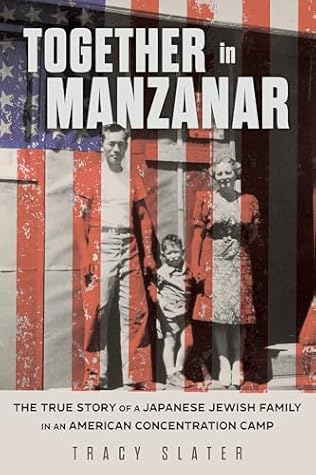Kindle Notes & Highlights
by
Tracy Slater
Started reading
October 30, 2025
DeWitt, who was wavering on whether the army really could lock up citizens without a whisp of evidence or guilt, Bendetsen convinced DeWitt he’d found a way.
he pointed out in a February phone call to the assistant chief of the army’s Special War Problems Division, their goal was “to kill Japanese, not save Japanese.”36
Henry Ford published his series The International Jew in 1920, warning (falsely, of course) that the Jews had funded the demise of the Russian Empire.
In 1927, Albert Johnson repeated this racial philosophy before Congress: “The United States is our land [and] we intend to maintain it so,” he said. “The day of indiscriminate acceptance of all races has definitely ended.”
meeting in Chicago of the so-called Joint Committee of Patriotic Organizations, who threatened to “clean the kikes out of” town and “make Hitler look like a cream puff.”39
all Japanese Americans, veterans included, had been designated unfit for military service.
California Attorney General Earl Warren. The most dangerous characters of all, Warren argued, were those American-born, citizen Japanese, who until then had remained silent and seemingly benign. That apparent peacefulness was really just “part of a pattern to lull us into a sense of false security,” Warren claimed, in order to “invite another Pearl Harbor,” this time in California.63


